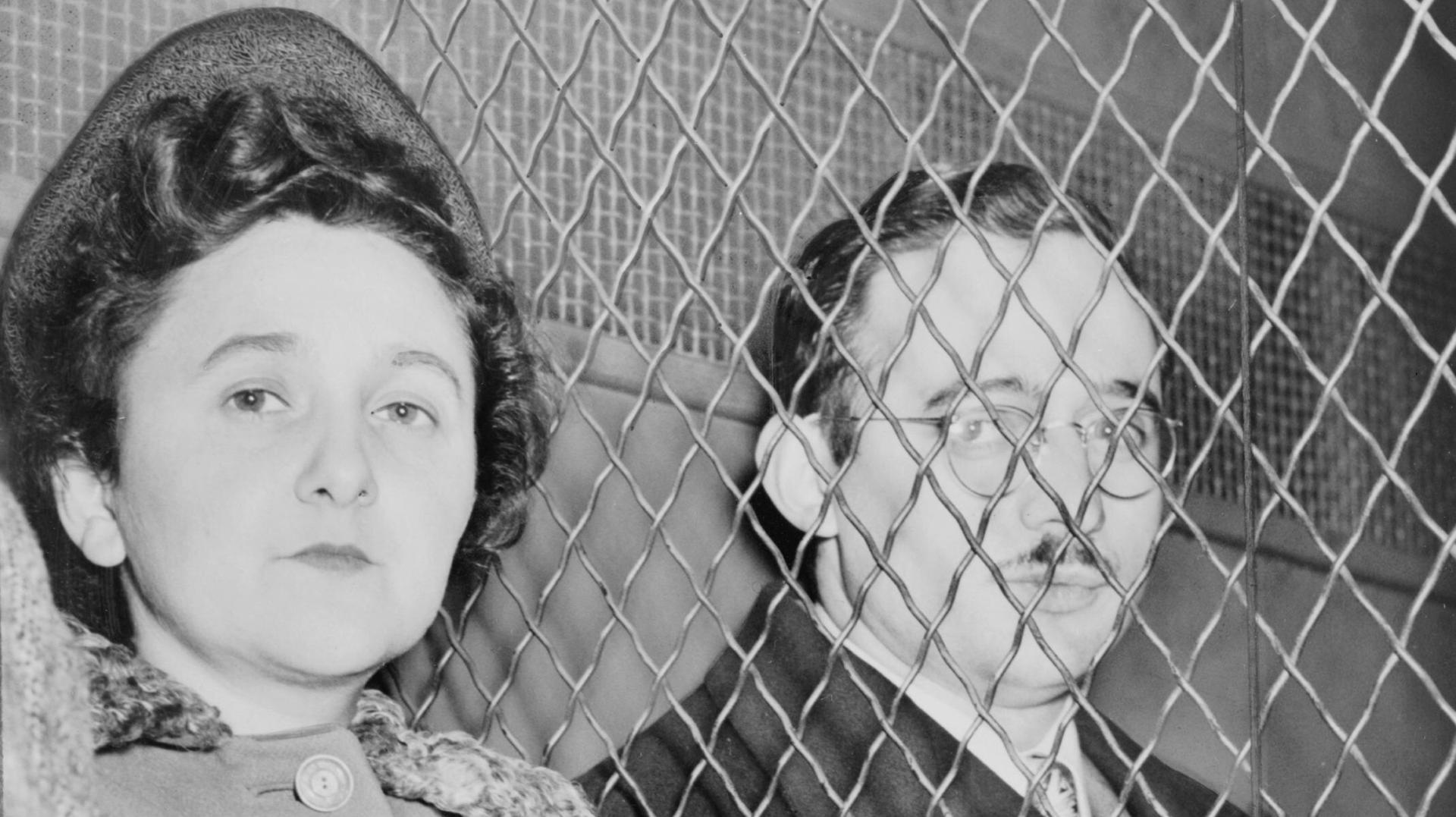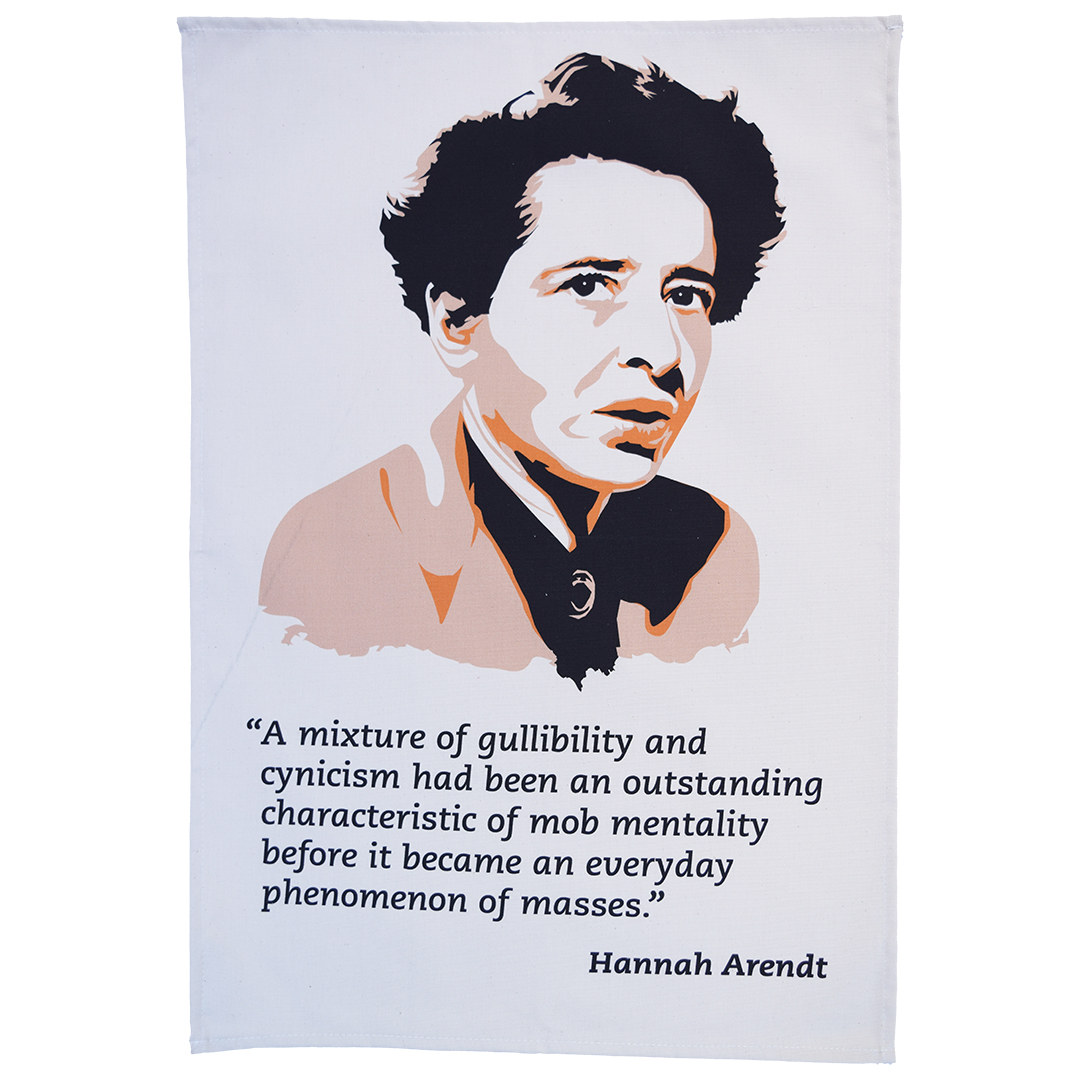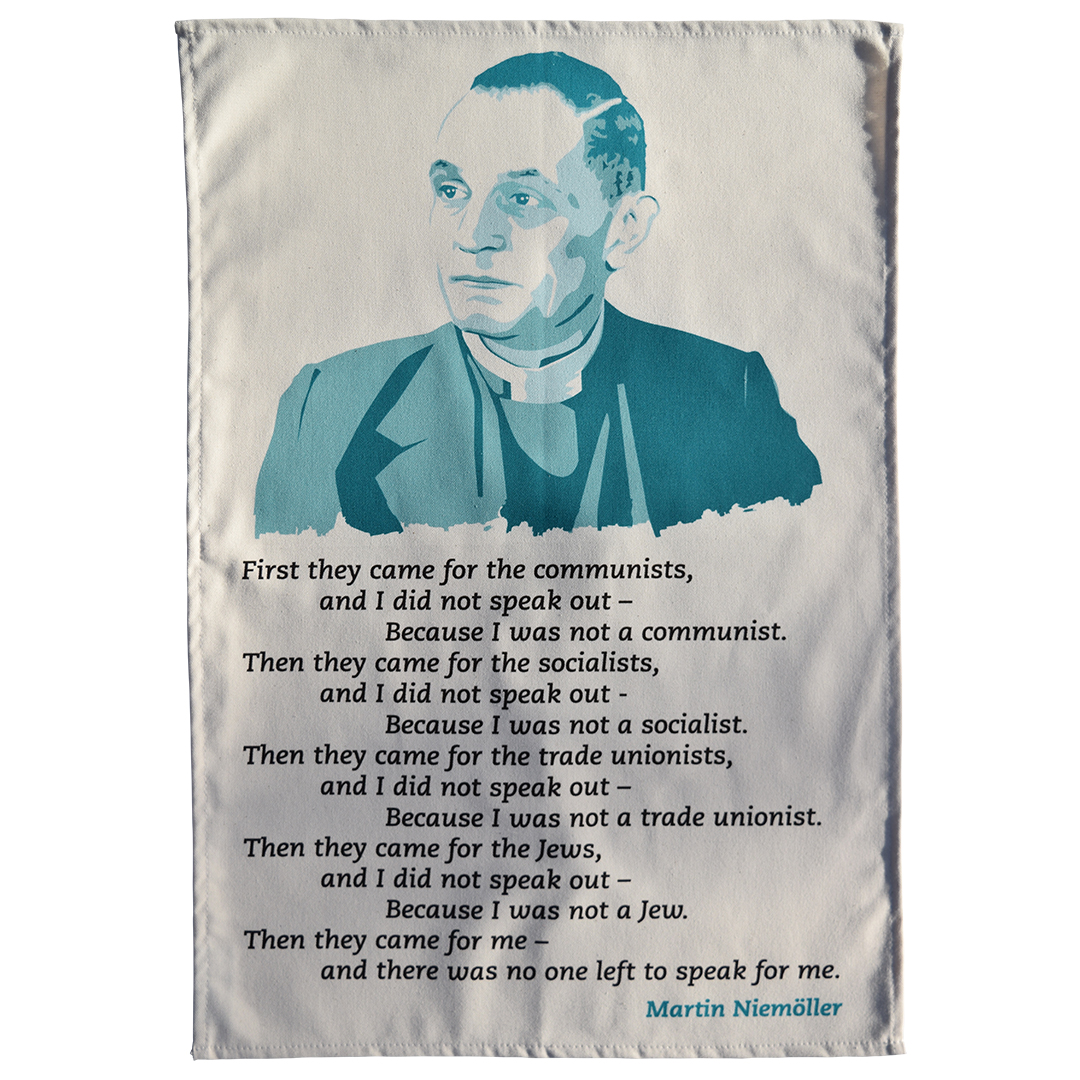We use cookies to make your experience better. To comply with the e-Privacy rules, we need to ask for your consent to use non-essential cookies (such as analytics and marketing). You can allow or decline these cookies. Essential cookies (for things like basket and checkout) will always be used. For more details, please see our Privacy Policy.
America's Most Notorious Communist Couple: The Rosenbergs
Julius and Ethel Rosenberg were killed on this day, after what Jean-Paul Sartre called a 'legal lynching'

Ethel and Julius Rosenberg in 1951, after being found guilty by a jury. Their sons, Michael and Robert, later established a foundation to support the children of targeted liberal activists.
Radical history is full of unexpected connections.
For instance, the songwriter of Billie Holiday’s 1937 smash hit, “Strange Fruit”, was a leftwing activist who later adopted the orphaned sons of Ethel and Julius Rosenberg, who were executed on this day in 1953.
Jewish-Americans such as Hannah Arendt were influential in the post-war US, though were often viewed with suspicion
See the Hannah Arendt tea towel
Ethel and Julius were both working-class Jewish-American communists from New York, who’d met in the labour movement during the Great Depression.
They were both arrested in 1950 on charges of spying for the Soviet Union during WW2.
In 1951, Ethel and Julius were convicted and condemned to death for giving U.S. nuclear secrets to the Soviets.
Despite a massive international campaign for clemency over the next two years, the Rosenbergs were killed on 19 June 1953.
The trial was riddled with procedural injustice, racism, and politically-motivated legal decision-making. Jean-Paul Sartre called it a “legal lynching.”
It’s now widely accepted that Ethel was innocent of the charges, and that the U.S. government at the time knew it.
The prosecution, in collaboration with the judge, were using the death sentence against Ethel as pressure to make Julius give up more information.
The convictions were based on a false testimony coerced from Ethel’s brother and sister-in-law, David and Ruth Greenglass, and antisemitism played an obvious role in the trial.
Martin Niemöller's retrospective awakening to the horrors of persecution and antisemitism was not shared by many in the post-war US intent on pursuing those perceived as outsiders
See the Martin Niemöller tea towel
It was the early 1950s and McCarthyism was on the march in America.
McCarthyism was foundationally racist and it included countless antisemites who saw working-class Jewish Americans like the Rosenbergs as ‘un-American’ outsiders.
It’s difficult to imagine that the Rosenbergs would have been mistreated in the same ways had they not been Jewish. European critics compared it to the Dreyfus Affair in France.
When the Rosenbergs were arrested they also had two young sons, Michael and Robert.
The authorities were so callous that they refused Ethel even just two days of bail to make arrangements for her kids’ care.
For a couple of years, Michael and Robert were looked after by their two grandmas.
Staying in Upper Manhattan with Julius’ mum, Sophie, the boys were able to occasionally visit their parents at Sing Sing federal prison.
After their parents’ execution in 1953, Michael and Robert were put up for adoption.
Except for their grandmas, the Rosenbergs’ large, extended family offered no help, fearing to be associated with spies’ kids in the era of McCarthy.
Instead of relatives, then, it was fellow activists from the labour movement who stepped in.
Abel and Anne Meeropol agreed to adopt Michael and Robert, who took their surname.
Abel was the lyricist who’d written “Strange Fruit” for Billie Holiday, later sung by Nina Simone, too.
Like Julius and Ethel, he was a Jewish-American New Yorker born to Eastern European immigrants.
Also like Julius and Ethel, he’d been a communist, forged in the radicalism of the New Deal era.
The adoption of the Rosenbergs’ orphaned sons, then, wasn’t a random act of kindness.
It was an act of personal kindness rooted in the collective solidarity of the American working class.
This same solidarity explains why Meeropol wrote “Strange Fruit”, too.
That was a song of protest against the widespread lynching of Black Americans in the U.S. South, and Meeropol didn’t choose the topic accidentally.
He was in contact with the Black freedom struggle through his activism in the labour movement.
Meeropol was also close to the Harlem Renaissance in New York. He’d studied with the poet, Countee Cullen, and Meeropol later taught James Baldwin, too.
The whole point of the post-1945 Red Scare was to annihilate this rich culture of solidarity between and across the different sections of the American working class which had been built up during the early twentieth century.
Novelist and playwright James Baldwin wrote about class and racial politics in the mid-century US
See the James Baldwin tea towel
One of the most remarkable things about the Rosenbergs’ case was how, battered and bruised, this solidarity was nevertheless able to endure McCarthyism even at its most callous and violent.
And this endurance paid off in the Rosenbergs’ kids and grandkids.
Rather than repudiate their executed parents, Michael and Robert Meeropol grew up to be left-wing thinkers and activists, too, and they continue to campaign for Ethel and Julius today.
The brothers maintain that the trial was a procedural injustice, that neither of their parents ought to have been executed, and that Ethel was innocent and should be officially exonerated.






